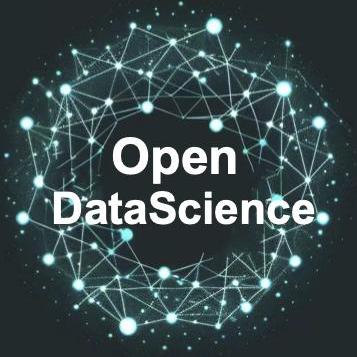Discover and explore top open-source AI tools and projects—updated daily.
LAMBDA by  AMA-CMFAI
AMA-CMFAI
Multi-agent system for code-free data analysis via natural language
Top 57.9% on SourcePulse
LAMBDA is a code-free, multi-agent system for complex data analysis, designed for users who want to leverage large language models (LLMs) for data tasks without writing code. It aims to streamline data analysis by using specialized agents to generate, debug, and report on findings, enabling users to focus on higher-value activities.
How It Works
LAMBDA employs a multi-agent architecture, primarily featuring a "programmer" agent and an "inspector" agent. The programmer agent generates code based on natural language instructions, while the inspector agent reviews and debugs the generated code. This iterative, generative process, driven by natural language, allows for seamless code creation and refinement. The system also supports integration with external models and algorithms for customized analysis needs.
Quick Start & Requirements
- Installation: Clone the repository, create a Conda environment (
conda create -n lambda python=3.10), activate it (conda activate lambda), and install dependencies (pip install -r requirements.txt). Install the Jupyter kernel withipython kernel install --name lambda --user. - Configuration: Requires an API key for LLMs (OpenAI, or OpenAI-style compatible local models via LiteLLM, Ollama, LLaMA-Factory). Configure API keys, models, and paths in
config.yaml. - Running: Start the GUI with
python app.py. - Prerequisites: Python 3.10, Conda, OpenAI API key (or compatible local LLM setup).
- Resources: No specific hardware requirements mentioned, but LLM usage implies significant computational resources.
- Links: Demonstration Videos, Paper.
Highlighted Details
- Code-free data analysis via natural language.
- Two-agent system (programmer, inspector) for code generation and debugging.
- User interface with direct intervention capabilities.
- Flexible integration of external models and algorithms.
- Automatic report generation and Jupyter Notebook exporting.
Maintenance & Community
The project was recently updated (Feb 2025) to remove the cloud cache module and refactor code. Planned updates include replacing Gradio UI with OpenWebUI, refactoring the knowledge integration module with ChromaDB, and adding Docker support. Related works and a survey paper on LLM-based data science agents are linked.
Licensing & Compatibility
Licensed under the MIT License, which permits commercial use and integration with closed-source projects.
Limitations & Caveats
The system relies heavily on external LLM APIs, meaning performance and cost are dependent on the chosen provider. While planned, Docker support is not yet available, potentially complicating deployment. The project is actively being developed, with UI and backend modules slated for significant changes.
1 month ago
1 day

 phodal
phodal vinhnx
vinhnx Undertone0809
Undertone0809 liangdabiao
liangdabiao emrgnt-cmplxty
emrgnt-cmplxty jihe520
jihe520 smallcloudai
smallcloudai potpie-ai
potpie-ai buildermethods
buildermethods oraios
oraios HKUDS
HKUDS AntonOsika
AntonOsika